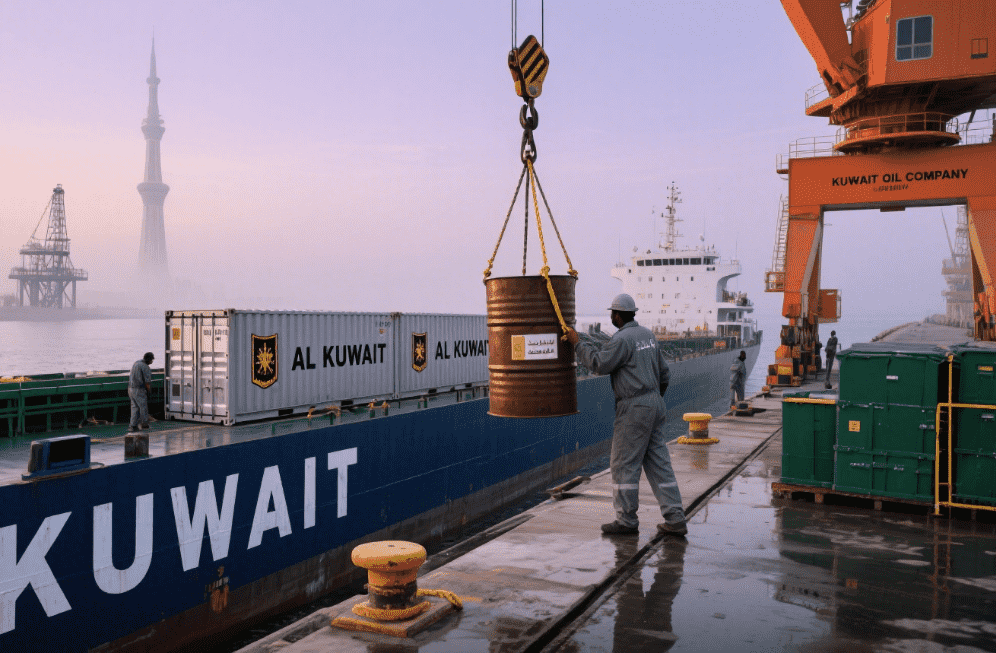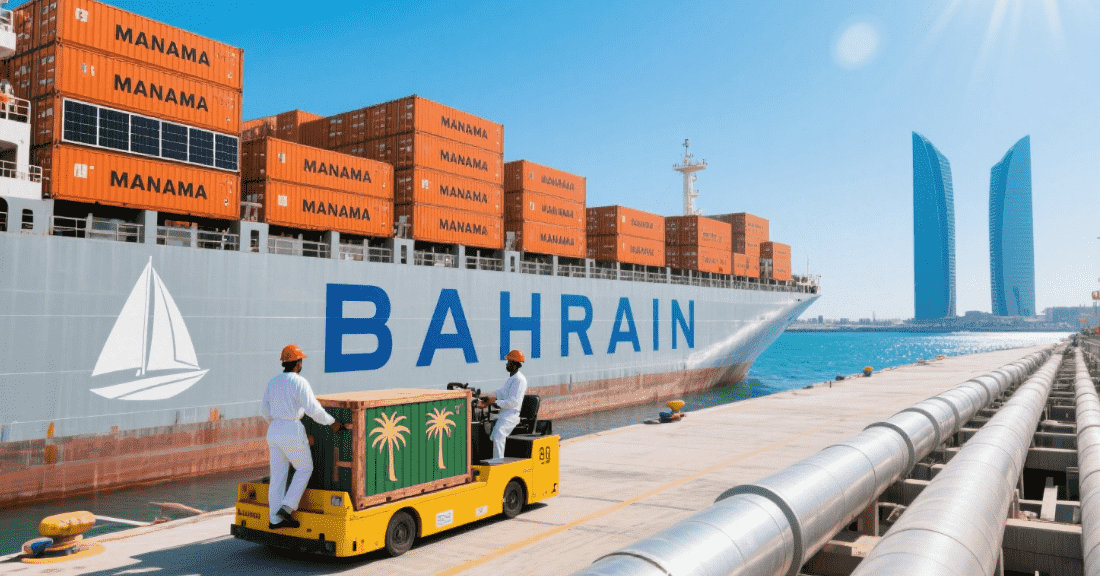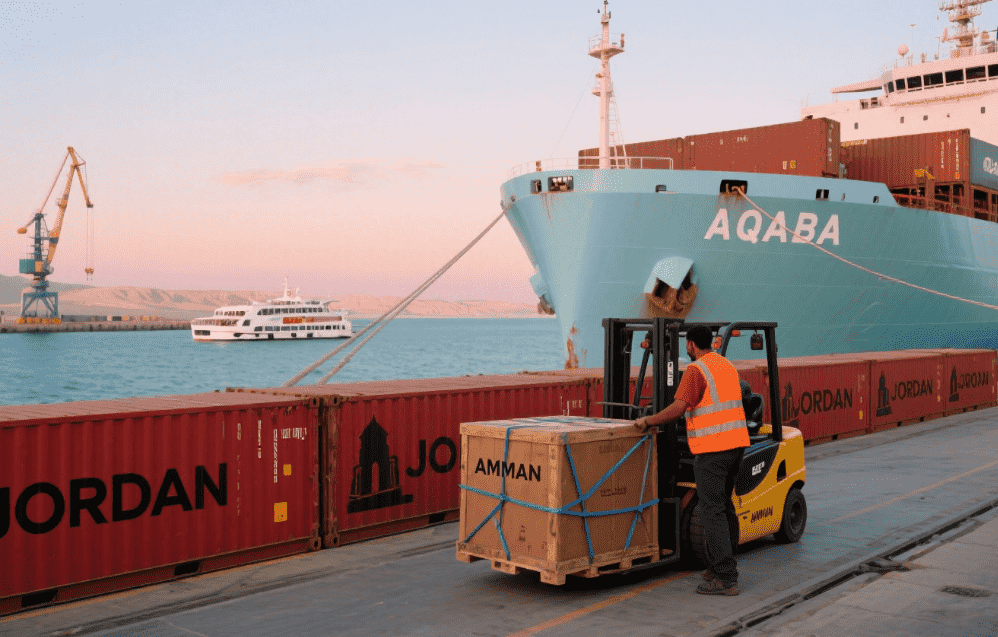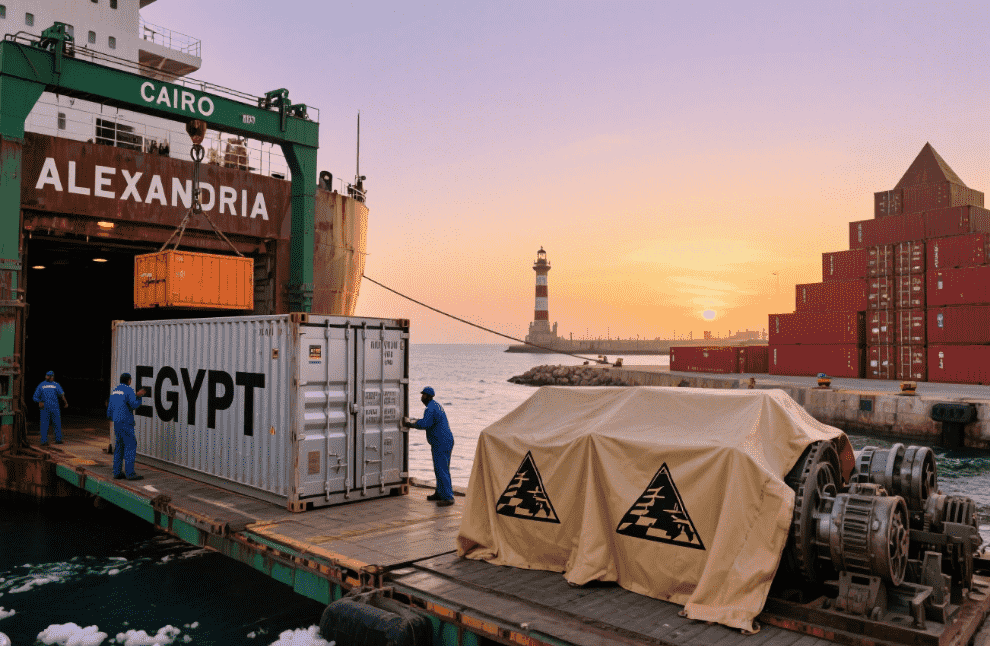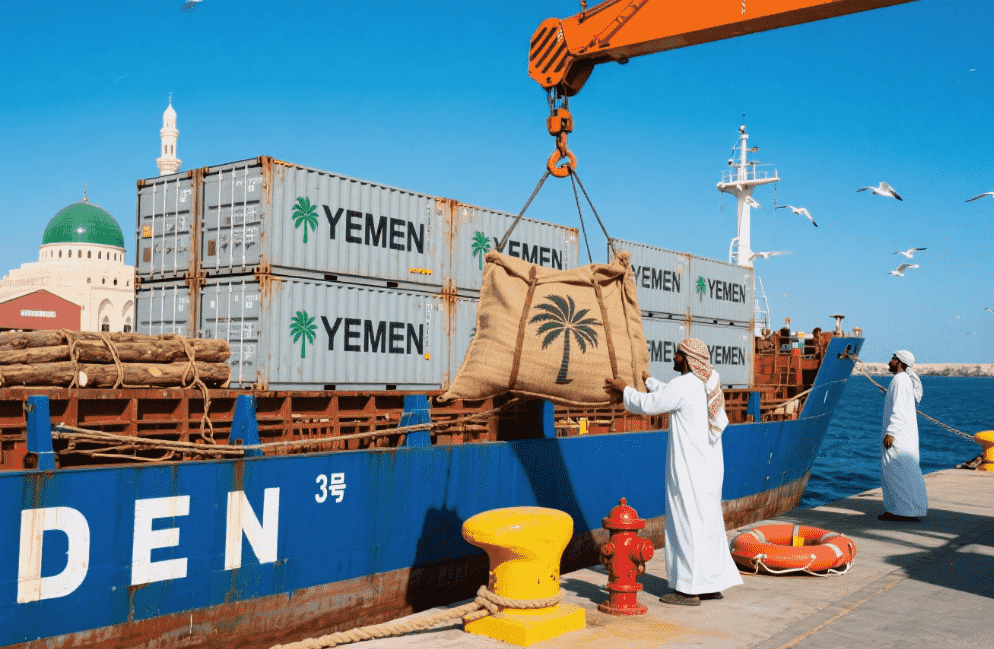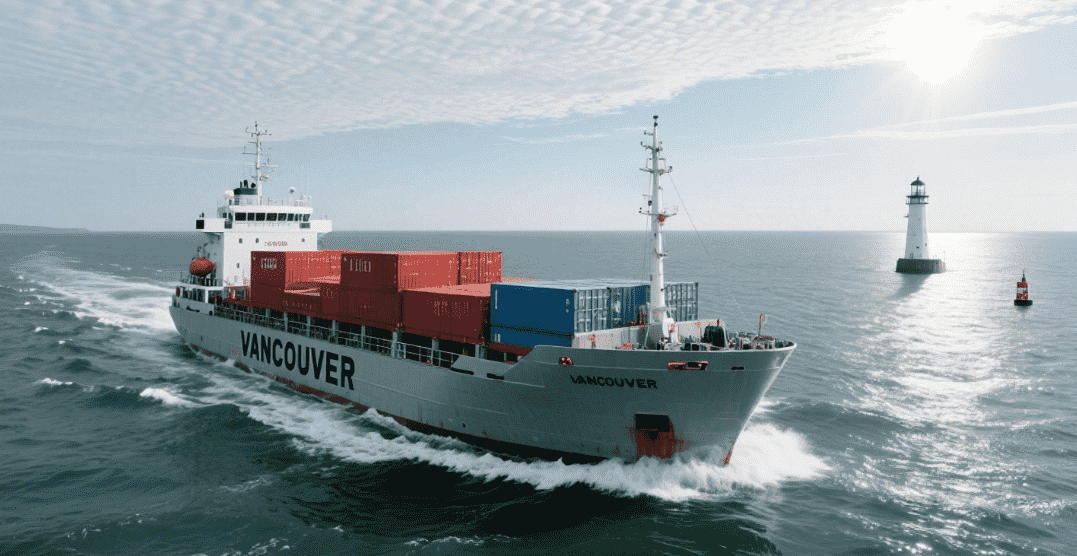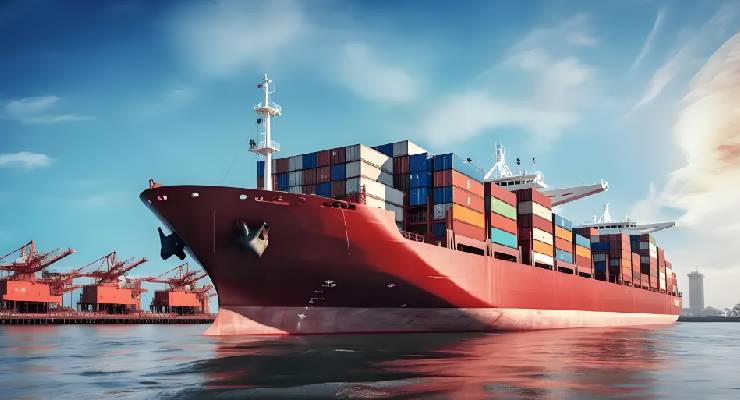
Ecuador is a South American country, bordering Colombia to the northeast, Peru to the southeast, and the Pacific Ocean to the west. The main maritime ports in Ecuador are: ESMERALDAS, MANTA, GUAYAQUIL, BALAO TERMINAL, LA LIBERTAD (EC), PUERTO BOLIVAR, etc.
1. Identify Products & Suppliers
- Research the Products: Identify the product categories allowed for import into Ecuador. Some goods may require special permits.
- Find Reliable Suppliers: Use platforms like Alibaba, 1688, or Winsail to find trustworthy suppliers in China. Evaluate their reputation, product quality, and pricing.
2. Check Ecuador’s Import Regulations
- Prohibited and Restricted Goods: Check Ecuador’s customs regulations for restricted or prohibited items.
- HS Codes: Ensure you know the Harmonized System (HS) codes of your products. These are essential for calculating taxes and duties.
- Import Licenses: Depending on the product, you may need specific import permits or licenses.
3. Calculate Import Costs
- Duties and Taxes: Ecuador imposes import duties based on the product’s value and category. Use an online duty calculator or contact Ecuadorian customs to get accurate rates.
- IVA (Value Added Tax): Ecuador applies a 12% VAT on most imports.
- Tariffs & Fees: Customs fees, shipping costs, and insurance can add to the final cost.
4. Arrange Shipping
- Choose Shipping Mode: Options include air freight (faster, more expensive) or sea freight (slower, more economical for bulk shipments).
- Freight Forwarder: Hiring a reliable freight forwarder simplifies the shipping process. They help with paperwork, booking, and tracking shipments.
- Incoterms: Understand the shipping terms like FOB (Free on Board) or CIF (Cost, Insurance, and Freight) to avoid unexpected costs.
5. Customs Clearance in Ecuador
- Documentation: Ensure that you have all necessary documents, including:
- Commercial invoice
- Bill of lading or airway bill
- Packing list
- Certificate of origin
- Import license (if required)
- Customs Broker: You may need a customs broker to help with the clearance process in Ecuador. They handle paperwork, tariffs, and ensure compliance.
6. Payment to Suppliers
- Payment Methods: Common payment options include:
- Bank Transfer (T/T): Most widely used, but ensure you’re dealing with a verified supplier.
- Alibaba Trade Assurance: Protects your payment if anything goes wrong.
- PayPal or Credit Cards: Useful for small transactions but may involve higher fees.
7. Delivery & Distribution
- Once customs clears your goods, arrange for delivery to your final destination in Ecuador.
- Logistics Companies: Work with local logistics companies for smooth delivery.Winsail logistics is the best choose for you.
8. Post-Import Obligations
- Tax Filing: Ensure you file the necessary tax documents with Ecuadorian authorities for VAT and import taxes.
- Quality Control: Inspect the goods on arrival to ensure they meet the agreed specifications.
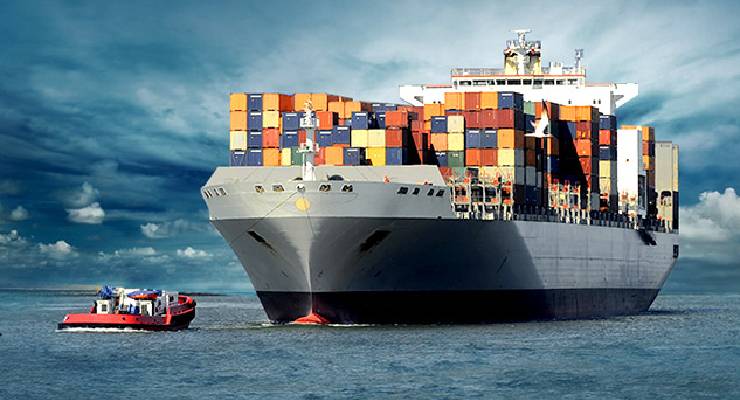
Shipping by sea
Ecuador FCL Shipping Services:
Full Container shipping (FCL) is the safest and most cost-effective way to ship goods to Ecuador. FCL Shipping Ecuador gives you exclusive access and control of your own containers. Because you do not share containers, you are fully responsible for the safety of your belongings. Our Ecuador International FCL shipping service can handle all your transportation needs. 20 feet, 40 feet, freezer, flat shelf or tall container, whatever size or type of Ecuador shipping container you need, we can provide it!
Ecuador LCL Shipping Service:
When you do not have enough cargo to fill an entire shipping container, our Ecuador International Shipping LCL service is the right choice. You'll be able to save money by sharing space with other customers shipping to the same destination, while still being able to view and control your shipments. We offer international shipping consolidation services from China to Ecuador with excellent shipping times and some of the best Ecuador International shipping rates.


